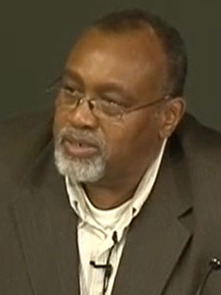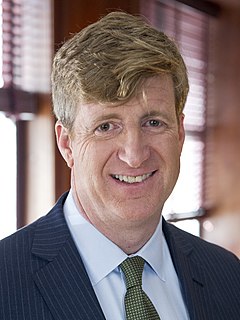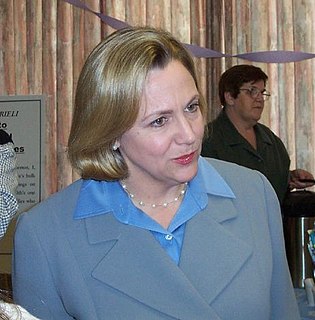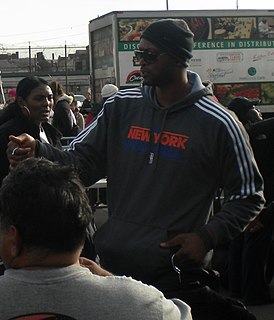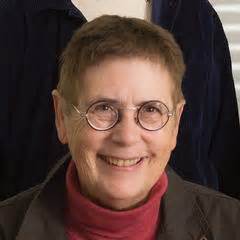A Quote by Conor Lamb
We need to provide people access to treatment options that work for them, which should include long-term access to medication, behavioral therapy and family support services.
Related Quotes
America is the only advanced industrial democracy where people can get sick and languish because they can't afford care. Or where people are blocked in access to the system because they don't have access to insurance, which is only available through certain narrow portals and under certain very restricted conditions. We're the only society that hasn't embraced this idea that no one should go without access to these services, regardless of their financial condition. And no one should be saddled with a lifetime of debt because they have the misfortune of falling ill.
PubMed Central is vital for researchers and the public alike. Only through free access can everyone find out where the cutting edge of research lies. With access to the latest studies, patients and their families have a much-needed piece of the puzzle as they consider treatment options and potential outcomes.
In the Internet world, both ends essentially pay for access to the Internet system, and so the providers of access get compensated by the users at each end. My big concern is that suddenly access providers want to step in the middle and create a toll road to limit customers' ability to get access to services of their choice even though they have paid for access to the network in the first place.
I certainly don't mean to leave the impression that anxiety can be waved away with a simple pep talk. In fact, for some, God's healing will include the help of therapy and/or medication. If that's the case, do not for a moment think that you're a second-class citizen of heaven. Ask God to lead you to a qualified counselor or physician who'll provide the treatment you need. This much is sure: It's not God's will that you lead a life of perpetual anxiety. It's not his will that you face every day with dread and trepidation.
Differences of power are always manifested in asymmetrical access. The President of the United States has access to almost everybody for almost anything he might want of them, and almost nobody has access to him. The super-rich have access to almost everybody; almost nobody has access to them. ... The creation and manipulation of power is constituted of the manipulation and control of access.



